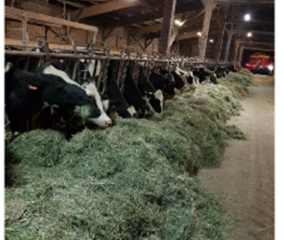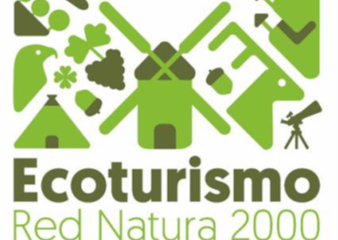French Guiana
Introduction
Making mobility accessible and overcoming the barriers of isolation – Auto-École Sociale Nomade turns the challenges of Guyana’s isolated regions into opportunities. Faced with remoteness and the limited development of transport, these communities find the driving licence a ‘sesame’ towards social integration and employment. Our innovative project ‘goes to’ the student, bringing the learning of the Highway Code and driving to the heart of remote areas. In our specially equipped lorry, fitted with a driving simulator, we offer much more than lessons: we build self-esteem and confidence, the keys to success. Working in partnership with social workers, we identify and address the obstacles to professional integration. The Auto-École Sociale Nomade is more than a driving school: it’s a bridge to autonomy for the people of Matoury and Roura in French Guiana, with the potential to inspire and adapt to other isolated regions across Europe.
Presentation of the project
The European LEADER programme plays a fundamental role in funding initiatives aimed at facilitating social and professional integration in isolated areas where transport is limited. The association, aware of the challenges posed by the lack of a driving licence, has set up a mobile scheme. Using a specially-equipped vehicle with a driving simulator and an area dedicated to learning the Highway Code, lessons are given right in the heart of remote communities. Launched in April 2021, this project is aimed in particular at people on the margins of the labour market, such as jobseekers, young people outside the school system, students in precarious situations, RSA recipients, apprentices and those with learning difficulties. By focusing on training for a driving licence and raising awareness of road safety, the aim is twofold: on the one hand, to encourage social and professional integration, and on the other, to combat the exclusion of vulnerable people by strengthening their independence and mobility, which are key factors in access to employment and training. LEADER’s financial support has already borne fruit: in the communes of Matoury and Roura, 35 candidates from rural areas have been supported, with 12 of them successfully obtaining their driving licences and actively seeking stable employment or training leading to qualifications. On the strength of this success, the project leaders are planning to extend their action to other communes in 2024, thus affirming LEADER’s role as a catalyst for regional development and social inclusion.
Emblematic character of the project
This project is a priority for LEADER because it directly addresses the problems of mobility and insecurity that are prevalent in French Guiana, two issues that are holding back the region’s social and economic development. By fitting in with the Agglo’GAL strategy under the objective “Development of an endogenous and territorialised social and solidarity-based economy”, the project meets a fundamental need: access to mobility to promote professional integration and access to education. The major challenge to which the project responds is therefore twofold: on the one hand, it tackles the geographical isolation of populations by providing them with the necessary means to get around, and on the other, it works against economic marginalisation by offering young people and adults the tools to acquire professional autonomy. Obtaining a driving licence is an undeniable asset for accessing the job market and training courses leading to qualifications, which are mainly concentrated in the towns. In addition, the project illustrates a collaborative and inclusive approach, working in partnership with local organisations such as Pôle Emploi and relying on a 1901 law association. This collective working method strengthens the local social and economic fabric and contributes to a shared development dynamic. As for the transferability of the project to other Local Action Groups, the success of this model in French Guyana is a testament to its adaptability. The Agglo’GAL unit, in conjunction with the association, is ready to share its experience and good practice. Setting up this project requires an understanding of the specific local challenges and tailor-made adaptations. However, the principle of the itinerant social driving school can be applied in other contexts where rural mobility issues are hampering socio-economic development. By sharing the tools, methods and lessons learned, the project can inspire and guide other areas to implement similar solutions adapted to their own challenges.
Pictures

Auto Ecole Sociale Nomade
Agglo’GAL
Guyane Française

